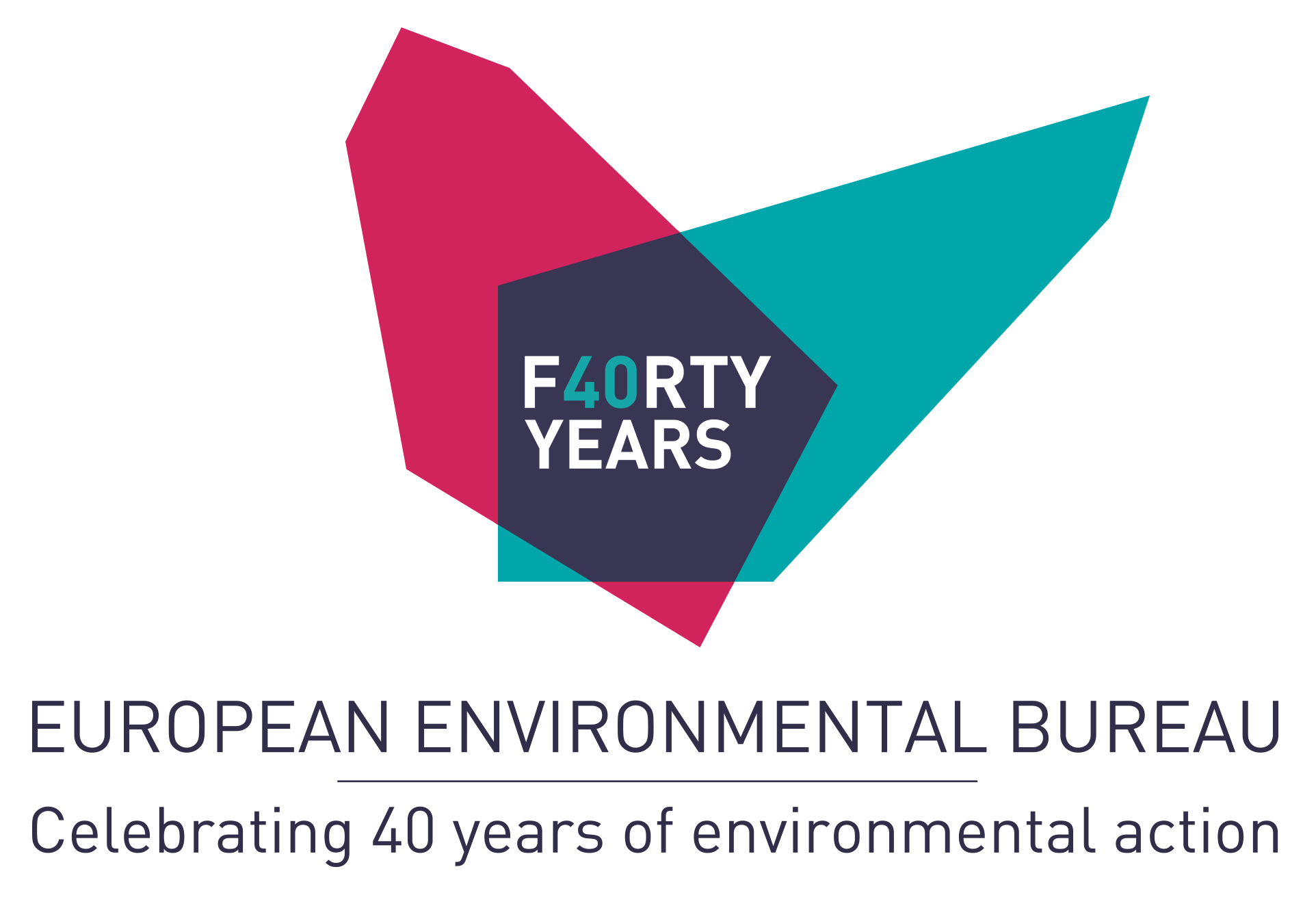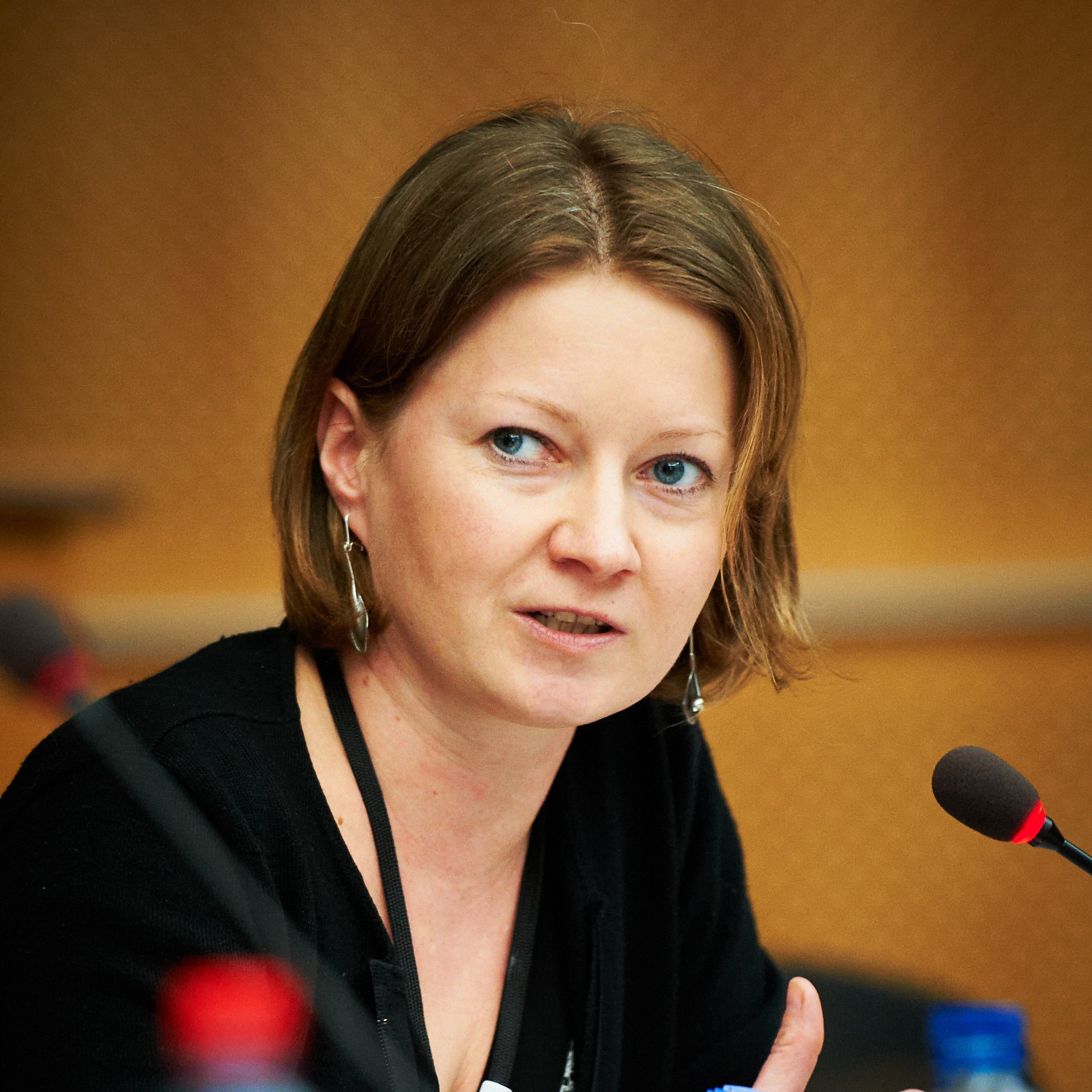

When you register for the conference you will be asked to choose one of the afternoon breakout sessions A) Economy and the environment, B) Europe in the wider world, C) Democracy, accountability and the rule of law, D) The climate crisis, E) The threat to nature and F) The threat to health.
C) Democracy, accountability and the rule of law
Many of today’s environmental problems have their roots in our systems of governance. Lack of transparency, participation and accountability remain major problems, pointing to the need for better implementation of the Aarhus Convention. The status of law within society is also an important indicator – not just whether laws are applied and respected, important as that is, but the extent to which laws exist in relation to matters that have broad societal implications. In an increasingly globalised world, international law becomes more important as a counterbalance to the power of irresponsible multinationals which can otherwise gravitate to jurisdictions providing the weakest protections of the environment, human health, consumer and worker rights, etc. Pressures for deregulation have increased on the back of the economic crisis, with certain business interests finding common cause with Eurosceptics in resenting the interference of ‘Brussels’. Such pressures have found their expression through the likes of the Commission’s High Level Group on Administrative Burdens (Stoiber Group) and the REFIT programme, and have clearly shaped the set-up of the new Commission. In addition to that, the proposed Transatlantic Trade and Investment Partnership (TTIP) may provide a new channel for a deregulatory crusade. At the same time, new ideas to strengthen the international legal framework have emerged, such as the ecocide concept which would make the destruction of ecosystems a crime in its own right.
This session will address the following questions:
 Elizabeth Hiester
Elizabeth Hiester
 Magda Stoczkiewicz
Magda Stoczkiewicz
 Aurel Ciobanu-Dordea
Aurel Ciobanu-Dordea
 Gita Parihar
Gita Parihar
 Prisca Merz
Prisca Merz